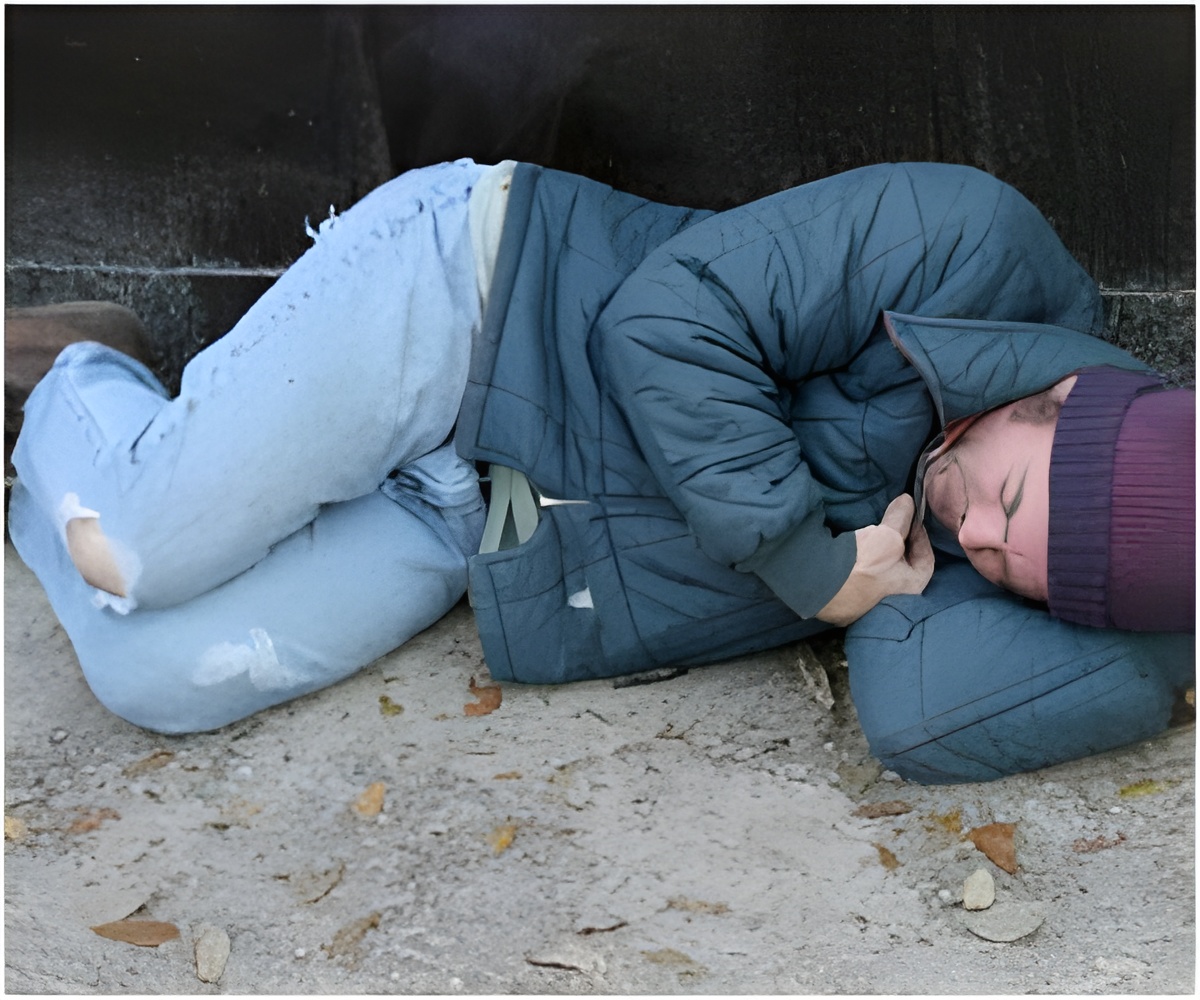
The findings come from an ongoing study of changes in the health and housing status of 1,200 homeless and vulnerably housed single adults in Vancouver, Toronto and Ottawa. The study, known as the Health and Housing in Transition (HHiT) study, has been following participants for up to four years. Of the study participants, 61 per cent said they had suffered a TBI in their lifetime (69 per cent in Vancouver, 64 per cent in Ottawa and 50 per cent in Toronto).The study found that homeless people with a history of TBI were:
- About 1.5 times more likely to have visited an emergency department in the previous year–possibly due to long-term cognitive effects of the original TBI, as previous research suggests people with TBI are high users of health care services up to five years after original injury.
Dr. Hwang said that high emergency department use could also be related to health problems related to the TBI, such as seizures or substance use. - Almost twice as likely to have been arrested or incarcerated in the previous year. Dr. Hwang said this could be due to impaired cognition or personality disturbances following TBI.
- Almost three times more likely to have experienced a physical assault in the previous year.
This is consistent with previous studies that suggested people with a history of TBI are more likely to be victims of violent crime. Dr. Hwang said that this is one of the first studies of its kind among people who are homeless and vulnerably housed to suggest that sustaining a TBI is an independent risk factor for becoming a future victim of physical assault.
Source-Eurekalert














